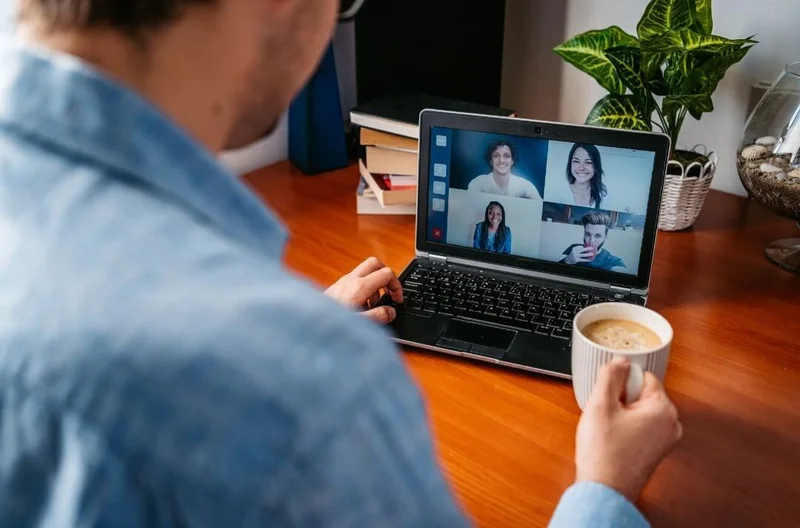Alright, so they've finally dumped the Nuremberg trial records online. Big deal. After 25 freakin' years of scanning paperclips (seriously?), Harvard thinks they're doing us a favor? Nuremberg trial records made available online after painstaking 25-year project.
The Digital Dumpster of History
Let's be real. The internet's already overflowing with "truth." You can find "proof" that the Earth is flat, that lizard people run the government, and that vaccines cause autism, all with a few clicks. So, forgive me if I'm not exactly jumping for joy that some dusty old documents are now available in digital format.
Paul Deschner, who spearheaded this "monumental" effort, claims the goal was twofold: preservation and accessibility. Okay, fine. Preserving history is great. But accessibility? That's where I call BS.
Accessibility doesn't just mean slapping something online. It means making it understandable, digestible, and, dare I say, interesting to the average person. And let's be honest, are Joe and Jane gonna wade through 750,000 pages of transcripts, briefs, and evidence exhibits? I seriously doubt it.
Deschner even had the nerve to say these documents "give a clear picture of how comparatively innocuous things might have looked in the early 30s compared to just a few years later." Give me a break. People see what they want to see. You could have Hitler himself on TikTok saying, "Oops, my bad," and half the internet would still claim it was a deepfake.
Speaking of the internet, what is with this obsession with digitizing everything? I swear, if my grandma's recipes end up on some blockchain-powered "digital heritage" platform, I'm gonna lose it.

The Echo Chamber Effect
The real kicker? Deschner himself admits that "if you’re a dyed-in-the-wool Holocaust denier, the sky’s the limit in terms of what you can come up with to argue that it didn’t happen." So, what's the point then? Are we just creating more fuel for the fire of misinformation?
Amanda Watson from Harvard law school's library bleats about "making justice visible." Oh, please. Justice is about more than just visibility. It's about accountability, understanding, and, most importantly, preventing this kind of stuff from happening again. And I'm not convinced that a digital archive is going to achieve any of that.
Here's what I think: this whole thing is a self-serving PR stunt for Harvard. They get to pat themselves on the back for "preserving history" while conveniently ignoring the fact that most people won't give a damn.
And offcourse, there's the whole language barrier thing. The article mentions simultaneous translators and stenographers. How many layers of interpretation are we talking about? How much gets lost in translation? It's like playing a game of telephone with the fate of humanity.
The Unasked Questions
But hey, maybe I'm wrong. Maybe there's some hidden value in all this. Maybe some lone researcher will stumble upon a crucial piece of evidence that rewrites history. Maybe. But I ain't holding my breath.
The real questions are: Who is this really for? And what impact will it actually have? Will it change any minds? Will it prevent future atrocities? Or will it just become another forgotten corner of the internet, gathering digital dust?
So, What's the Real Endgame?
It's all performative virtue signaling, plain and simple. They pat themselves on the back while the world burns.
